Frankenstein; or The Modern Prometheus
by Mary Shelley
Mary Shelley started writing the Frankenstein story when she was 18, and it was published in London two years later. Her chilling tale of how Victor Frankenstein put together a creature by sewing together human parts is said to be the first true science fiction story. If you’ve never read it, or read it a long time ago, it’s definitely worth picking up again, as the subtleties of the original book, entitled Frankenstein; or The Modern Prometheus, may have been displaced in your mind by the various cartoons and monster-movies connected to the original only by the name ‘Frankenstein’ (and some people, who haven’t read the book, think Frankenstein is the name of the monster, rather than the name of the scientist who put the creature together).
It’s one of the books most frequently recommended by the experts we’ve interviewed—on subjects as diverse as fear of death, women and society, and transhumanism.
Recommendations from our site
“Brian Aldiss has famously argued that science fiction starts with Mary Shelley’s novel, and many people have agreed with him.” Read more...
Adam Roberts, Novelist
“Frankenstein can be seen as an experiment—or almost a laboratory—that brings together science and literature…Frankenstein is very much a novel for the twenty-first century. Mary Shelley was trying to push the boundaries of science and technology. The details of the science have changed, but the big questions remain as important for us today as they were for her. “ Read more...
Nick Groom, Literary Scholar
“It wasn’t published till 1830, but she had the idea and wrote the story when she was nineteen years old, 200 years ago, in 1816…Frankenstein has a reach of imagination that is almost hysterical. She was able to pluck this idea both from her imagination and her understanding of science. She understood what Erasmus Darwin—Charles Darwin’s grandfather—was doing: experiments with electricity and the re-animation of dead objects. She was fantastically well-read, she was terribly intellectual, she was a political radical. She had no truck with modesty and restraint, or doing what was expected of her. She was going to let her imagination go as far as it possibly could. Then she defended it.” Read more...
Sarah Perry, Novelist
“I was surprised to see when I went back to it that Frankenstein’s explicit aim in making the creature is to tackle mortality. The book is subtitled ‘The Modern Prometheus’ and it’s about the Promethean urge and the way that it can lead to really quite insane avenues. Does it speak directly to transhumanism? I think so.” Read more...
The best books on Transhumanism
Mark O'Connell, Journalist
“What a lot of commentators have said, and I believe it’s on the right track, is that Frankenstein’s own fear of death is fueling his revulsion to the creature.” Read more...
The best books on Fear of Death
Sheldon Solomon, Psychologist
“We never give credit to the fact that women have started whole genres of fiction.” Read more...
The best books on Women in Society
Erica Jong, Novelist
“At the beginning of the novel, Doctor Frankenstein creates a monster who lives like a human being and has the heart of a human being too. But the monster is unloved and unlovable and he becomes what we would call nowadays a sociopath.” Read more...
Stella Tillyard, Historian
“The author has powers, both of conception and language, which employed in a happier direction might, perhaps, (we speak dubiously,) give him a name among those whose writings amuse or amend their fellow creatures; but we take the liberty of assuring him, and hope that he may be in a temper to listen to us, that the style which he has adopted in the present publication merely tends to defeat his own purpose, if he really had any other object in view than that of leaving the wearied reader, after a struggle between laughter and loathing, in doubt whether the head or the heart of the author be the most diseased.”
Review by John Wilson Croker in The Quarterly Review, January 1818

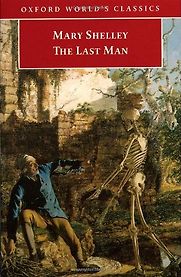
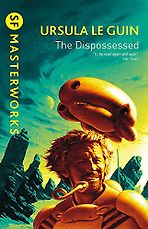
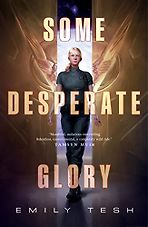
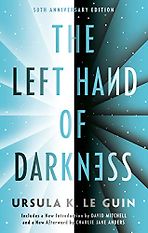
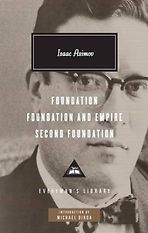
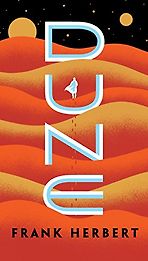
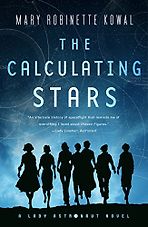
Commentary